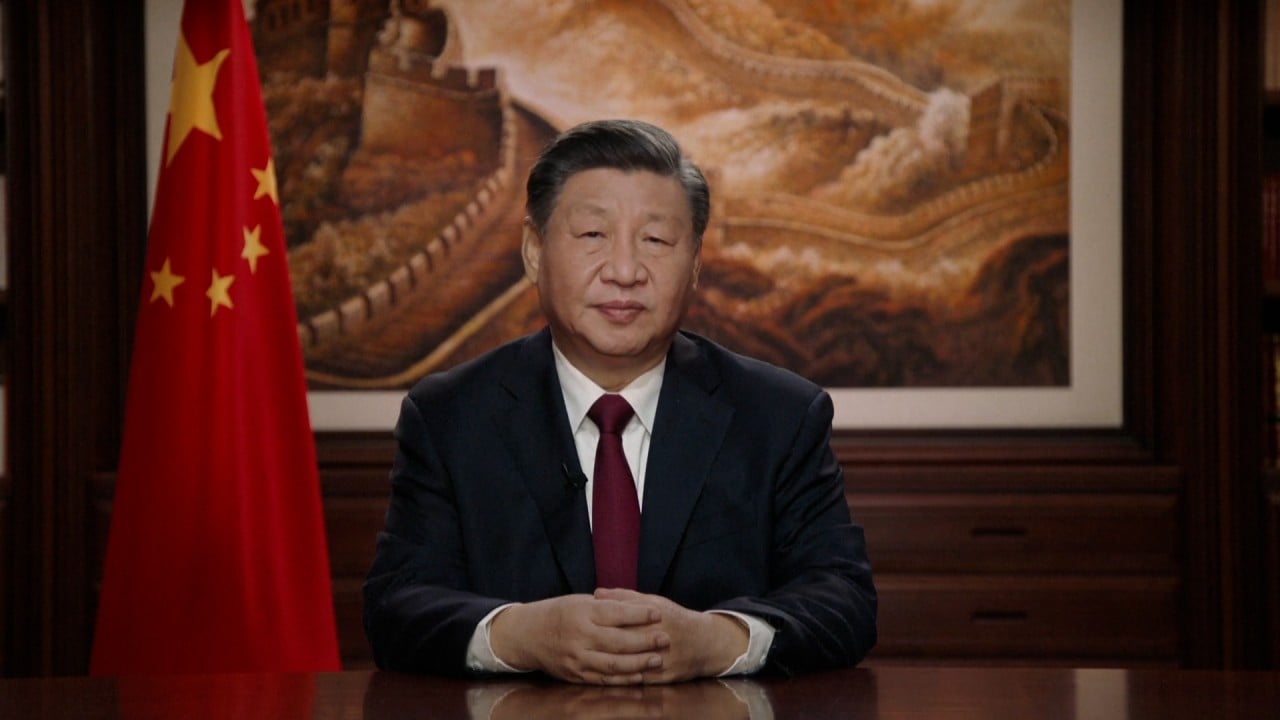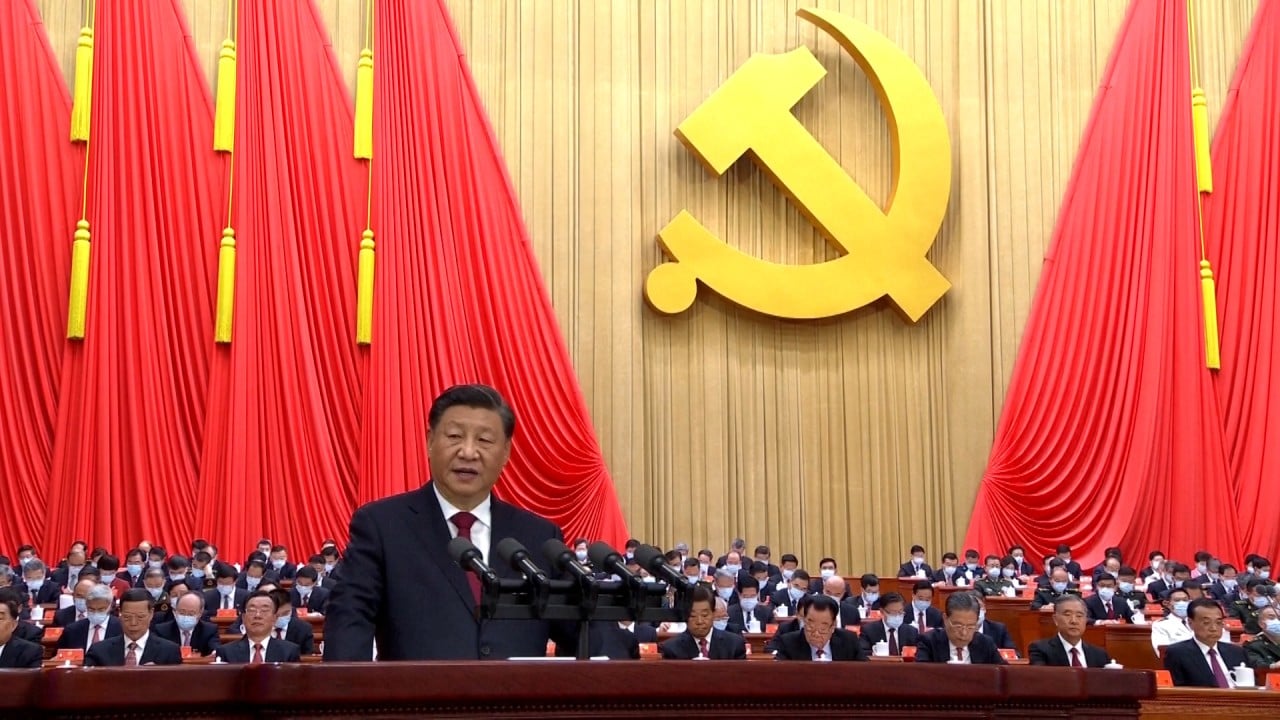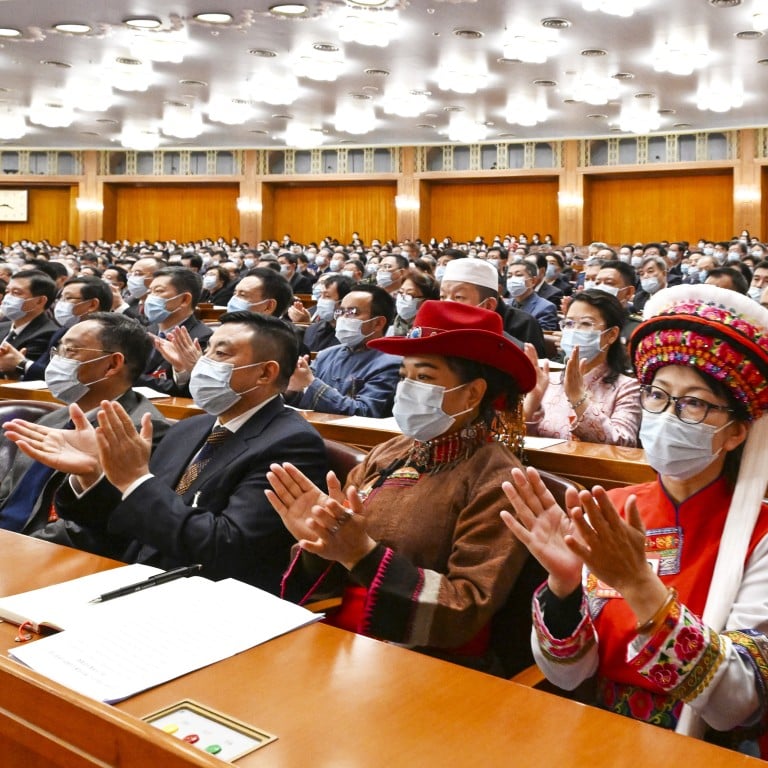
New heads for China’s regional political advisory bodies may signal effort to reach out to non-party elites
- Six new regional CPPCC heads are full or alternate members of party Central Committee
- For 30 born in 1960s, appointments could be stepping stone to higher office
Beijing has appointed new chairs for its top provincial political advisory bodies, in what analysts say is a bid to better reach out to non-party social elites and give the officials a stepping stone to higher office.
Big Tech moguls step down from China’s top political advisory body
With roots dating back to the days of China’s civil war, when the Communists and Nationalists sought to find a way to resolve their differences through dialogue, the CPPCC is now the key organisation used by the Communist Party to reach out to non-party members and elites in different sectors.
The Xinjiang Uygur autonomous region’s Nurlan Abdulmanjin, 60, is the only regional CPPCC committee head serving as a full member of the Central Committee. Two 59-year-olds, Shanghai’s Hu Wenrong and Jilin’s Zhu Guoxian, and three 57-year-olds – Guangdong’s Lin Keqing, Hainan’s Li Rongcan, and the Ningxia Hui autonomous region’s Chen Yong – are alternate members.
Hu, who hails from Fujian province, is a renowned environmental scientist who won many awards for his work on pollution control technology early in his career. He was promoted to key positions in Shandong province, Chongqing and Shanghai in recent years.
China’s CPPCC chief presses need to hold Communist Party line
Li spent the first two decades of his career at the Ministry of Commerce. He was sent to Gansu province in 2012 and received a stern warning for environmental negligence in its Qilian Mountain National Nature Reserve in July 2017, when he was deputy governor. But the setback did not derail his progress and he was promoted to become Hubei province’s personnel chief in 2021.
Lin, who spent over two decades in Beijing, also overcame a potential career setback. In 2011, when he was serving as party chief of the capital’s Daxing district, a fire killed 18 people. But the episode did not mar his prospects and he was promoted to Beijing’s executive vice-mayor in 2018. He was transferred to Guangdong the following year and became party chief of the provincial capital, Guangzhou, in 2021.
The age of Chongqing’s CPPCC committee chairman Tang Fangyu has not been revealed but he is known to have spent a long time in the secretive Central General Office of China’s ruling party – which serves the top leadership. Before his Chongqing stint began on January 15, Tang was director of the Research Office of the General Office of the Central Committee.
Absence of women in China’s new leadership elite a ‘step backwards’
Four women are among the new batch of regional CPPCC leaders: Zhejiang’s Huang Lixin, 61; Shandong’s Ge Huijun, 60; Sichuan’s Tian Xiangli, 60; and Jiangsu’s Zhang Yizhen, 59. Huang was the youngest female deputy provincial governor in China when she was promoted to that position in Jiangsu as a 41-year-old in 2003.
In China’s regional administrations, only the party chiefs, governors and heads of the legislature and CPPCC are of full provincial rank. The party chief and governor are usually allowed to work until 65 before moving to semi-retirement positions in legislatures and CPPCCs ahead of full retirement at 68. Their deputies – of deputy provincial rank – are usually required to step down from party and government positions at 60.
Assigning promising deputy-provincial ranked officials close to 60 to leading regional legislative or CPPCC roles, had, in recent years, become a way for Beijing to give their political careers “a new lease”, said Alfred Wu, an associate professor at the Lee Kuan Yew School of Public Policy at the National University of Singapore.
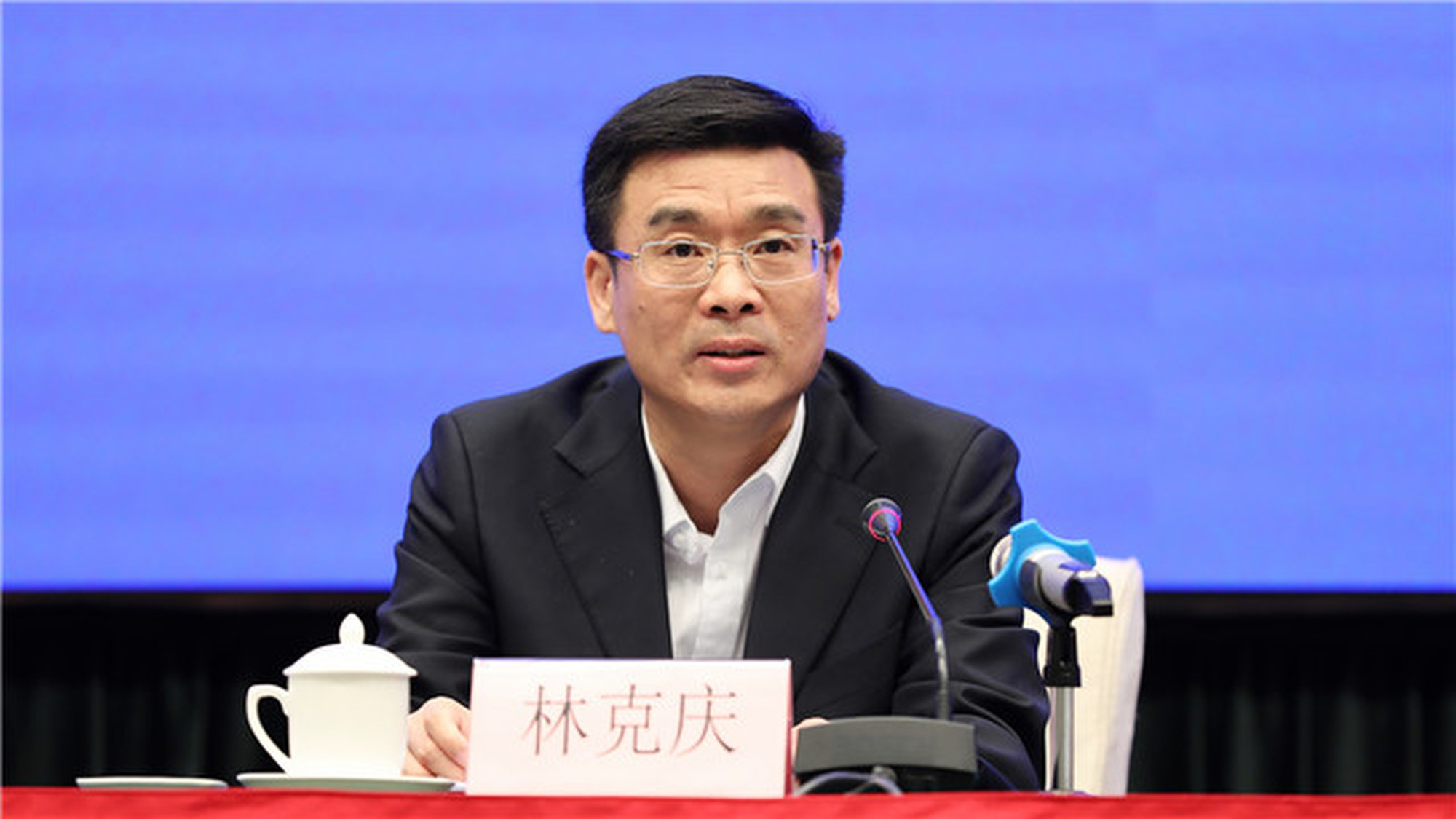
“This will give them not only full provincial rank, but also extend their retirement age for another five years,” he said, adding they could then be rotated to provincial party chief or government head roles.
An early indication the norms could be changing came in 2013, when Chen Qiufa, who was approaching 60, was appointed Hunan CPPCC chairman. He was promoted to become governor of Liaoning province less than two years later and was made Liaoning’s party chief in 2017.
Some ministerial-rank officials are taking a similar route to extend their service, with Song Tao, the newly appointed director of the State Council’s Taiwan Affairs Office, set to be appointed as a vice-chairman of the CPPCC’s national committee, which would give the 67-year-old the rank of deputy national leader and a retirement age beyond 70.
Xia Baolong, the 70-year-old retiring director of the State Council’s Hong Kong and Macau Affairs Office, has been serving as a vice-chairman of the CPPCC national committee since 2018. He was redeployed to be Beijing’s point man on Hong Kong and Macau affairs in 2020.
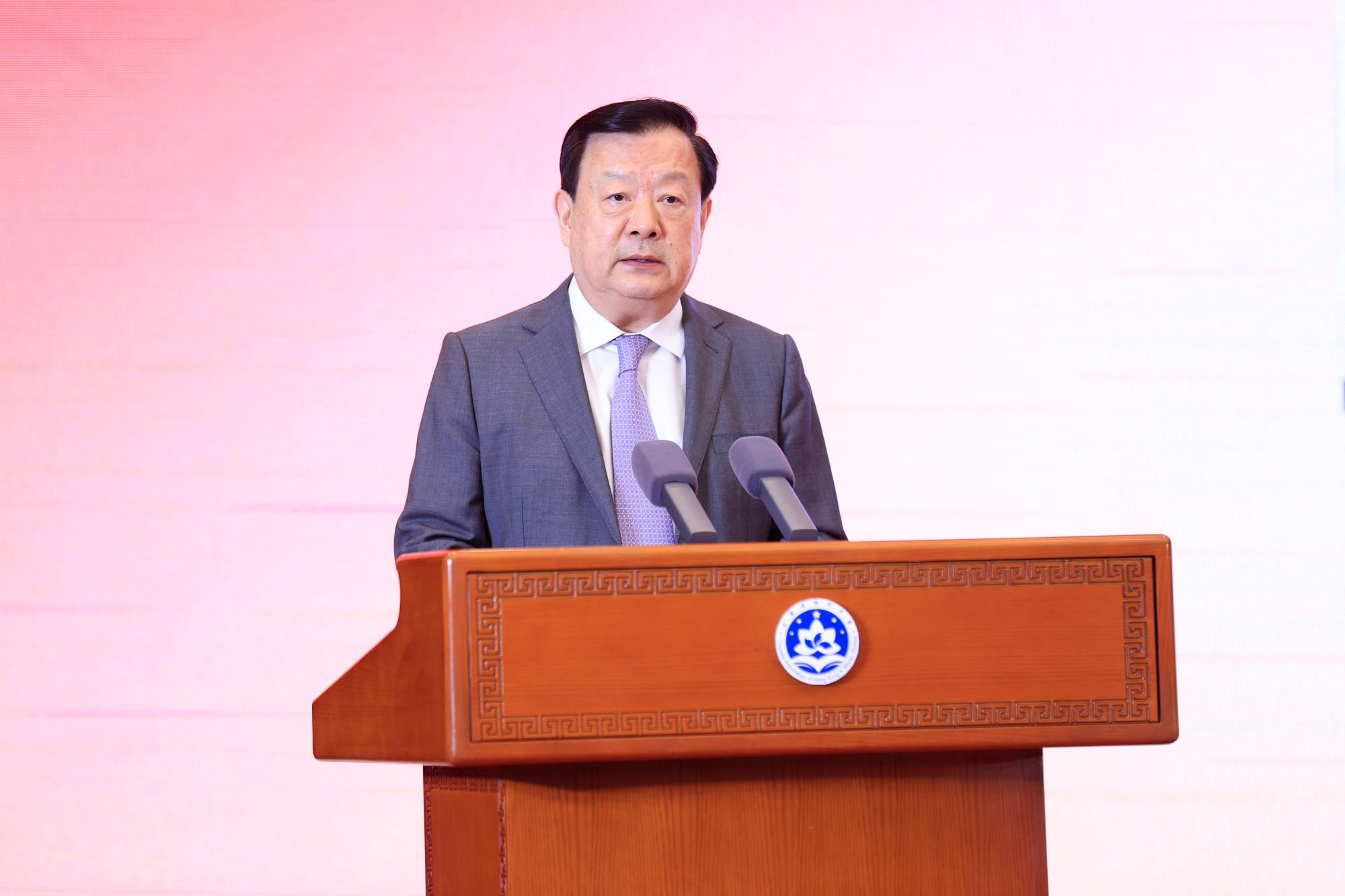
Xie Maosong, a senior fellow at the Taihe Institute and a senior researcher at the National Institute of Strategic Studies at Tsinghua University, said the promotion of officials like Lin, Chen and Li – with roughly a decade left in their political careers – to CPPCC leadership roles showed Xi was “really serious” about strengthening the CPPCC to reach out to non-party social elites as China faced more internal and external challenges.
“In China, the political clout brought by the agency’s leader carries a huge influence on the agency’s power,” he said. “When promising officials like Hu Wenrong and Chen Yong are appointed to the regional CPPCCs, these political advisory bodies will be more empowered and more driven to provide quality suggestions to the Communist Party from outside the party.
“China needs unity, as it is and will be facing escalating external pressures. To achieve that, Beijing needs to talk and listen to a wide spectrum of voices. That is a critical mission for the CPPCC.”
Xi has repeatedly struck a conciliatory tone in recent months. In his new year address he said it was only natural for different people to have different concerns or hold different views on the same issue in a country as big as China, and urged the building of consensus “through communication and consultation”.
In the report he delivered on the opening day of last year’s party congress, Xi also vowed to “fully develop consultative democracy”, a term the party uses to describe its relationship with the eight subservient political parties allowed to exist under the CPPCC umbrella.


